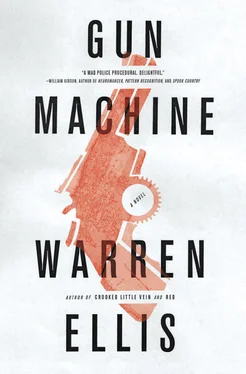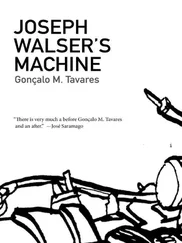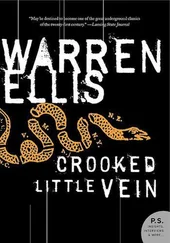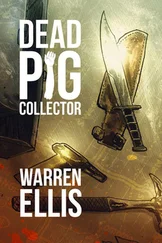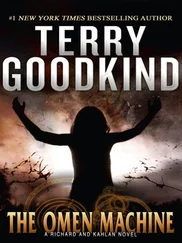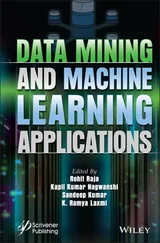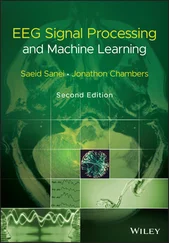“Thank you,” Westover said. “Thank you for doing this. I’ll start out for home now.”
“We’re heading to you. Thank you, sir,” said Tallow, and ended the call.
Emily seemed more miserable. “Was he angry?”
“He was just glad you’re safe. Now, can I get you to move over to the passenger seat? I’m not allowed to let you drive.”
She almost smiled at that. But then, thought Tallow, it was only almost a joke. He helped her up, walked her around to the passenger seat, and installed her in it. Getting in the driver’s seat and strapping in, he had a thought.
“I have to ask,” Tallow said. “If you live in the Aer Keep, what were you doing all the way down here?”
She gestured at the storefront. “They have the best sandwiches,” she said.
Tallow aimed the car uptown.
“It’s really very kind of you to do this,” Emily said.
“I couldn’t leave you stranded down in the 1st, and I really didn’t think driving was a good idea for you.”
“The 1st?”
“1st Precinct. The NYPD breaks the city up into zones, precincts, and we’re in the 1st Precinct right now.”
“How funny,” Emily said, without smiling. “Invisible walls for Wall Street.”
“I suppose,” Tallow said.
“Wall Street. Named for the wall the Dutch put up to keep the Native Americans out.”
“You like history?” Tallow asked.
Emily went inside herself a little. “I’ve been doing a lot of reading in the past year or so. I don’t really like coming down here. It’s not far enough from Werpoes.”
“Werpoes?”
“It was a major Native American village. Just by the Collect Pond. You can look at the little park there and almost imagine that you can see a bit of it. But I only went there once.”
She was rubbing the brooch again, chin down on her collarbone and looking at it as if expecting a genie to rise out of it. No, sadder than that: as if knowing that, despite a story she’d been told, nothing was going to emanate from the device.
As they crossed Broadway, Emily asked, “Are we still in the 1st Precinct?”
“Just left it.”
“This was an old Lenape walking trail. So one border of your 1st Precinct is the oldest road in Manhattan.”
“Ghost maps,” said Tallow to himself.
“What? Ghosts?” She sounded genuinely worried, eyes widening.
“Nothing,” he said. “Thinking out loud. What made you interested in Native American history? Or is it just Native Americans in New York?”
Tallow couldn’t tell if she was relaxing or coming apart again. She wasn’t staring out of the windows as if expecting an attack on the car anymore, but her hands were trembling harder and her eyes were wet.
“Just something someone said to me once,” she eventually said. “Did Jason sound very angry?”
“More like shocked.”
“Don’t look at me like that. He doesn’t beat me or anything.”
“I wasn’t.”
“Jason has a lot to deal with. More than anyone should. I don’t like to make things worse for him.”
“I see.”
“No. No, you don’t.” Her eyes glittered at him like well water. “But you want to, don’t you?”
Tallow had nothing to say to that. He kept his eyes on the road and continued to speed uptown. He could feel her look at him, and then look away, and then look back, as if keeping her eyes on him was safer than looking outside. Tallow started to feel like he should say something.
“Ghost maps,” he said.
“What?”
“It’s what I said to myself five minutes ago. You thought I said ghosts. Ghost maps. I had a meeting yesterday with a man who runs one of those big financial companies on Wall Street. You know, the kind you describe as a financial company but don’t really have a clue what it is it actually does?”
Emily’s smile was a ghost of its own. “I suppose it must seem like that,” she said.
“Does to me. Anyhow. He was talking to me about how there’s an invisible map of connections all over the financial district that do transactions at light speed, and how the map doesn’t quite fit the territory? Something that’s physically closer to the Exchange isn’t necessarily… informationally closer?”
“You’re talking about low latency,” Emily said with a shade of surprise in her voice.
“I think so?”
“This was the sort of thing that was really taking hold as I was leaving the field,” she said. “Ultra-low latency and algorithmic trading. Ultra-low latency means sending the trading information really, really fast. Algo trading is using specialized computer code to sort of break up every transaction into hundreds of little ones. You can almost think of it like rain, really hard rain hitting the windows of the Exchange. The rain’s eventually going to form one big puddle, but you’re not looking at that. You’re looking at the rain. The big transaction’s hidden in plain sight.”
“You worked on Wall Street?”
“I worked for one of those mysterious financial companies. Vivicy.”
“Never heard of it,” said Tallow. “Why did you leave?”
“I met my husband there. Well, kind of. I met him through my boss. They were old friends. And after we were married, Jason said to me: Andy’s kind of an asshole to work for, and the business is doing pretty good now, so why don’t you work for yourself, like me? So now I’m an independent financial consultant, which means I can work from home with my dog and drive downtown for the good sandwiches instead of being one of Andy’s wizards. I don’t have to do the magic for him. But I can’t learn the magic I need to know. Fuck —”
Emily started beating the dash with her fists, screaming Fuck over and over again. Tallow cast around with his eyes, twisted the wheel of the unit, and managed to pull over without causing a pile-up. He reached across the seat and grabbed her wrists. She was still trying to punch the dash even in his grip. He yanked her arms toward himself and yelled, “Look at me!”
She jerked, and her eyes seemed to roll up into her head for a moment before they came back to his. “I’m sorry,” she said in a small voice. “Please don’t tell Jason. He worries so much.”
“I’ve already told him all he needs to know. Anything else is between you and him.”
“Yes,” Emily said, but Tallow had the feeling that she meant something else. She sat back, and sat still, dread on her face.
Tallow pulled the car back out into traffic.
“Did Native Americans fish? Here in Manhattan, I mean,” Tallow said.
Emily’s eyes were closed now. “Yes, of course. They caught oysters too. When the Dutch came, they found huge mounds of discarded oyster shells and crushed them to pave—”
“—Pearl Street,” Tallow said. “Right.” He had the sudden strident sense of vast nets around him, so fine that they were invisible until the light caught them. He took out his phone.
“Scarly?”
“Lunch delivery is fail, Tallow.”
“I know. I got into something, I’m going to be a little late. Listen. The paints. Every one of those guns was cleaned before it went up, but he must’ve put the paints on with his fingers. Before you do whatever it is to identify the paints, you’ve got to check them for DNA and anything else you can think of. Okay?”
“On it. Bring food.”
“On it.” Tallow killed the call with his thumb and checked Emily out of the corner of his eye to calculate her alertness. “Emily,” he said, “do you know what Native Americans used for paints?”
She kept her eyes closed. “Ocher. Red ocher, around here, I think. It’s mostly what you find on the East Coast. It’s a clay-based pigment. They used it for all kinds of things, including body painting and staining their hair. Some people say that some of the first Native Americans to meet Europeans were wearing it, and that that’s where Red Indian comes from.”
Читать дальше
